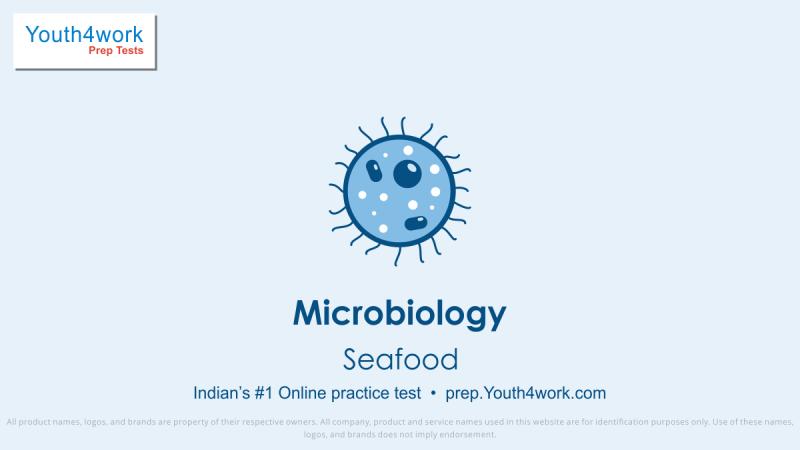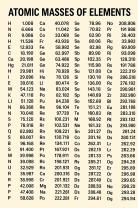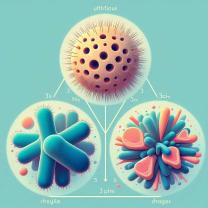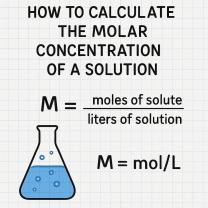What are the subjects in microbiology?
Microbiology is a branch of biology that deals with the study of microorganisms, which include bacteria, viruses, fungi, protozoa, and algae. It encompasses a wide range of subjects, each focusing on different aspects of microorganisms and their interactions with other living organisms. Here is a comprehensive overview of some key subjects in microbiology:
Bacteriology: This field focuses on the study of bacteria. Bacteriologists examine the structure, function, and classification of bacteria, as well as their roles in various ecosystems and their relationships with humans and other organisms.
Virology: Virology is the study of viruses. Virologists investigate the structure, replication, and classification of viruses, as well as their effects on host organisms and the development of antiviral therapies.
Mycology: Mycology is the study of fungi. Mycologists explore the diversity, ecology, and medical relevance of fungi. This includes research on yeasts, molds, and mushrooms.
Parasitology: Parasitology involves the study of parasites, which are organisms that live in or on another organism (host) and derive nutrients from it. Parasitologists investigate the life cycles, taxonomy, and impact of parasitic organisms on their hosts.
Protozoology: Protozoology focuses on the study of protozoa, which are single-celled eukaryotic microorganisms. Protozoologists examine their structure, behavior, and roles in various ecosystems, as well as their impact on human health.
Immunology: Immunology deals with the study of the immune system and its response to pathogens. Immunologists explore the mechanisms of immune responses, the development of vaccines, and the treatment of diseases related to immune dysfunction.
Microbial Genetics: Microbial genetics involves the study of the genetic makeup of microorganisms. This includes the mechanisms of gene transfer, mutation, and genetic variation in bacteria, viruses, and other microorganisms.
Environmental Microbiology: This field focuses on microorganisms in the environment, including their roles in nutrient cycling, bioremediation, and their impact on ecosystems.
Industrial Microbiology: Industrial microbiologists apply microorganisms in various industrial processes, such as the production of antibiotics, enzymes, and fermented products. They optimize conditions to enhance microbial productivity.
Medical Microbiology: Medical microbiologists study microorganisms that cause human diseases. They explore the diagnosis, treatment, and prevention of infectious diseases through the identification and understanding of pathogens.
Food Microbiology: Food microbiologists investigate microorganisms present in food, their roles in food spoilage and safety, and methods to control and prevent foodborne illnesses.
Microbial Ecology: Microbial ecologists study the interactions between microorganisms and their environments. This includes their roles in nutrient cycling, symbiotic relationships, and the impact of microbial communities on ecosystems.
These subjects collectively contribute to a comprehensive understanding of microbiology and its diverse applications in various scientific, medical, and industrial fields.
1. Specific Subjects and Disciplines in Microbiology:
- Microbial Diversity: This area focuses on identifying, classifying, and studying the vast array of microorganisms, including bacteria, viruses, fungi, protozoa, and algae.
- Microbial Structure and Function: This branch explores the cell structures, metabolic pathways, and physiological processes of microbes.
- Microbial Genetics: This subject examines the genetic makeup of microorganisms, focusing on DNA structure, replication, and inheritance of traits.
- Microbial Ecology: This field investigates the interactions between microbes and their environment, including their roles in ecosystems and biogeochemical cycles.
- Microbial Pathogenesis: This area studies how microorganisms cause disease in humans, animals, and plants, focusing on virulence mechanisms and host immune responses.
- Clinical Microbiology: This branch applies microbiological knowledge to diagnose, treat, and prevent infectious diseases.
- Food Microbiology: This field focuses on the role of microbes in food spoilage, safety, and preservation.
- Industrial Microbiology: This area utilizes microbes for various applications, including fermentation, antibiotic production, bioremediation, and waste treatment.
- Biotechnology: This field employs microbes and their products for various technological advancements, including genetic engineering, biofuels, and pharmaceuticals.
2. Contributions of Different Areas of Microbiology:
- Microbial Diversity: Understanding the diversity of microbes helps identify potential sources of new drugs, enzymes, and other valuable products.
- Microbial Structure and Function: Studying microbial physiology helps develop strategies to control harmful microbes and exploit beneficial ones for various applications.
- Microbial Genetics: Understanding the genetics of microbes allows for genetic manipulation to create new strains with desired properties.
- Microbial Ecology: Knowledge of microbial interactions in the environment is crucial for maintaining ecosystem balance and promoting sustainable agriculture.
- Microbial Pathogenesis: This research helps develop vaccines, diagnostic tests, and treatments for infectious diseases.
- Clinical Microbiology: Applying microbiological tools in clinical settings aids in accurate diagnosis and effective treatment of infections.
- Food Microbiology: Ensuring food safety and preventing spoilage requires understanding the role of microbes in food production and storage.
- Industrial Microbiology: Utilizing microbes for industrial processes contributes to various sectors like food, agriculture, medicine, and environmental cleanup.
- Biotechnology: Integrating microbiological knowledge with other disciplines leads to innovative products and processes in various fields.
3. Specialized Branches within Microbiology:
- Bacteriology: focuses on bacteria and their characteristics.
- Virology: studies viruses and their interactions with host cells.
- Mycology: examines fungi and their roles in ecosystems.
- Parasitology: investigates parasitic organisms and their impact on human and animal health.
- Immunology: explores the immune system and its response to microbial infections.
- Bioinformatics: utilizes computational tools to analyze and interpret biological data, including microbial genomes.
- Environmental Microbiology: studies the role of microbes in the environment and the impact of environmental changes on microbial communities.
- Medical Microbiology: focuses on microbes associated with human diseases and their diagnosis, treatment, and prevention.
- Food Microbiology: investigates microbes involved in food production, spoilage, and safety.
- Industrial Microbiology: applies microbiological knowledge to various industrial processes and product development.













